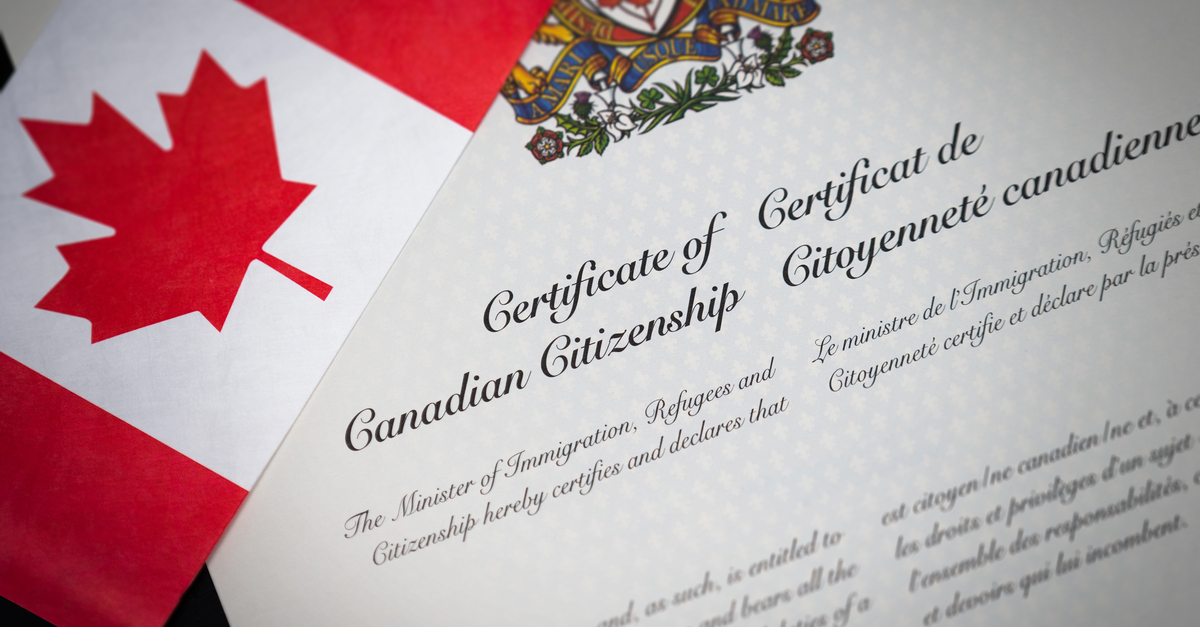In 2016, during the presidential elections here in the US, I really wished I had been able to vote. That was a defining election that had very significant consequences for the country. But… since people with a Green Card don’t vote, I limited myself to putting a sticker of my favorite candidate on my car (a monumental act when you’re in a sea of opposition…). In the end, my participation in democracy was limited to stickers, campaign donations and the famous “share” on social media. In addition to being frustrating, this situation is not even close to enough – especially in a democracy as participatory as ours, where people vote on everything from the approval of annual school expenses to whether or not you agree with the construction of an air force base in the region.
The feeling of having influence over the budget, the construction of neighborhoods, the hiring of teachers and assistants, the sale of municipal properties, etc., makes participatory democracy the success that it is, with a high rate of popular participation and greater political representation when compared to traditional representative democracy. Well, last Tuesday, for the first time, I participated in the elections for mayor (and a bunch of other positions and issues). I took my children along – a common habit here, where voting is not mandatory, in an attempt to instill the duty of participation – and they both “helped” me choose the answers. Many of these answers, for the children, were what we call “no brainers” or obvious, such as raising the minimum age for selling tobacco from 18 to 21 or voting for our favorite candidate for mayor. Knowing that this was our first election in the US and a [super mega hyper] special event in this house, we spent a lot of time discussing issues related to the elections during dinner and debating how we would vote. The children, just like us adults, were “in the know” about the subject and on the D-day, when they were sitting in front of the ballot, I had one on each leg, as I read the questions very quietly to them, they both whispered: “vote yes, mommy”, “yes”…
In the end, when a funny machine swallowed the ballot – to my surprise, because I was expecting to have to fold that huge piece of paper and put it in a ballot box! – we got stickers that said “I voted.” And it is in this way, with these small steps, that one reaches a greater degree of happiness in life: having the power to influence, even if small, the things that affect us (check out the book “Full Catastrophe Living” by Jon Kabat-Zinn if you are interested in the subject of small influences and their consequences), even when your candidate does not win.

